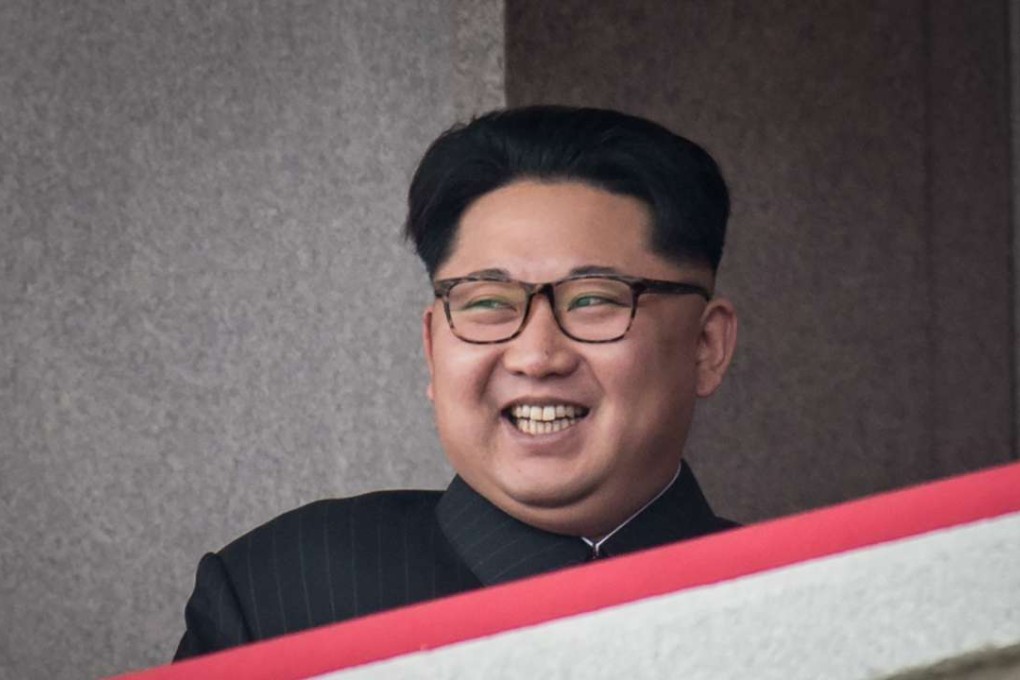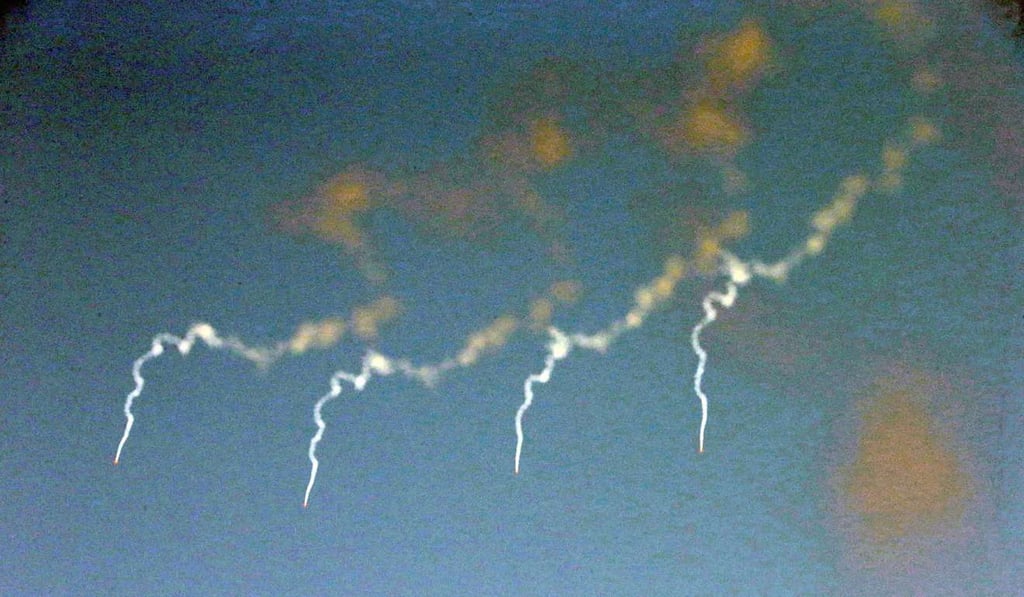The madness of Kim Jong-un: What Pyongyang hopes to gain in standoff with Malaysia
North Korea’s increasingly erratic behaviour is destabilising the region and isolating the hermit nation ever further. The emergence of a new claim to the Kim dynasty may shine light on the method in the madness

It is often said that North Korea is like a hermit, a solitary state seldom glimpsed, sealed in time and wrapped in myth.
It is an angry recluse, too, given to periodic outbursts that punctuate the whispers of its neighbours with demonstrations of its power – reminders of why it should be feared, not ridiculed.
This is a country that uses the threat of modern nuclear weaponry to keep others at bay and appears to be growing bolder by the day. Last year Pyongyang conducted two nuclear tests and several ballistic missile launches. This year has already seen two sets of missile launches as well as what appears to be a demonstration of the regime’s mastery of chemical weapons in the assassination of leader Kim Jong-un’s half-brother, Kim Jong-nam, at Kuala Lumpur airport on February 13.

An air of mystery surrounds that death, in which Jong-nam’s face was smothered with a cloth laced with the highly lethal VX agent. Two women, one from Indonesia, one from Vietnam, have been arrested though the style of the killing has left all fingers pointing in Pyongyang’s direction despite its vehement denials.
Pyongyang has responded by alienating one of its few friends, Malaysia, by claiming it conspired with Japan and South Korea to besmirch its reputation. It upped the ante this week by banning the 11 Malaysians in North Korea (half of whom are consular staffers) from leaving – an act of hostage taking that Malaysian Prime Minister Najib Razak responded to in kind by vowing no North Korean would be allowed to leave Malaysia either.